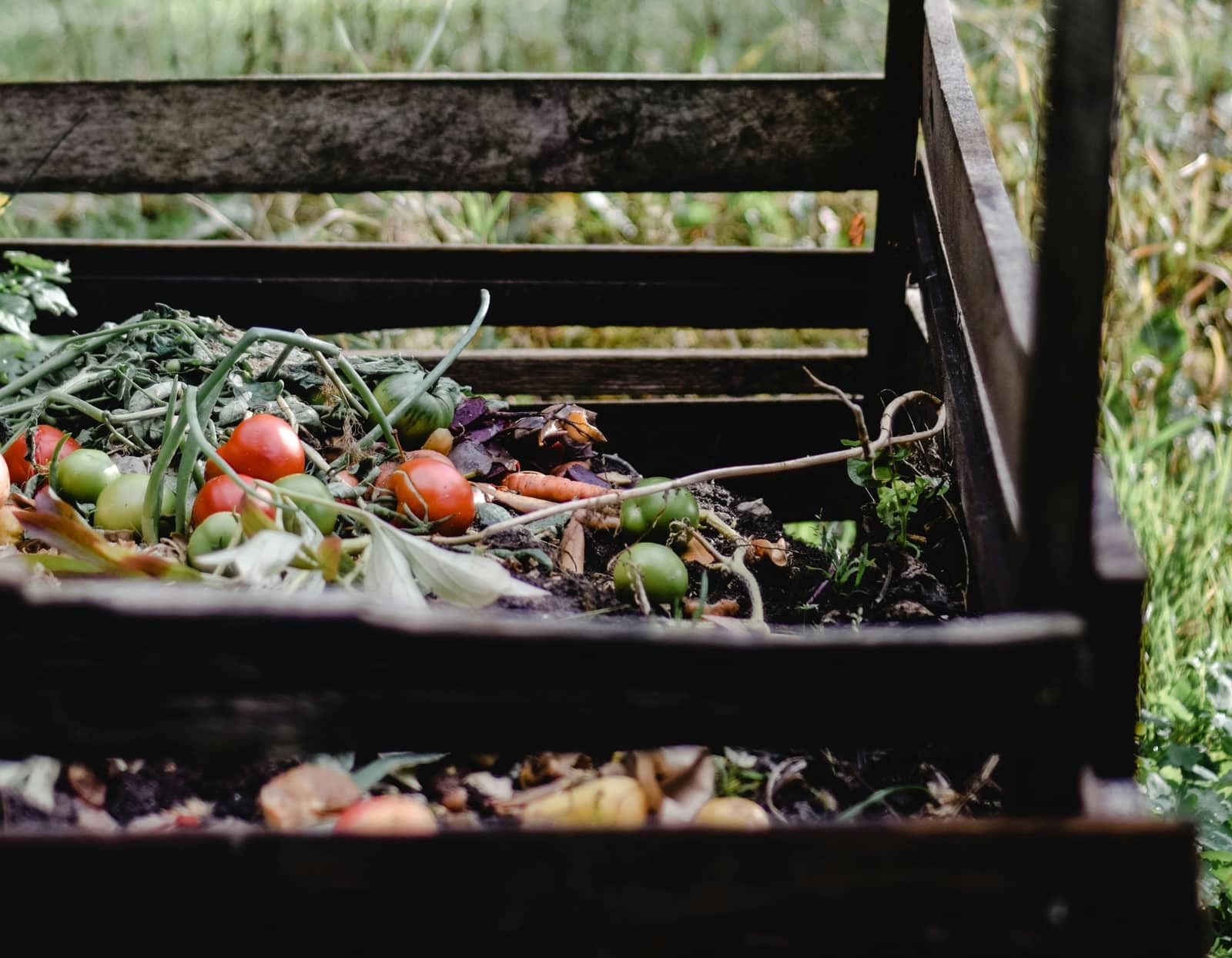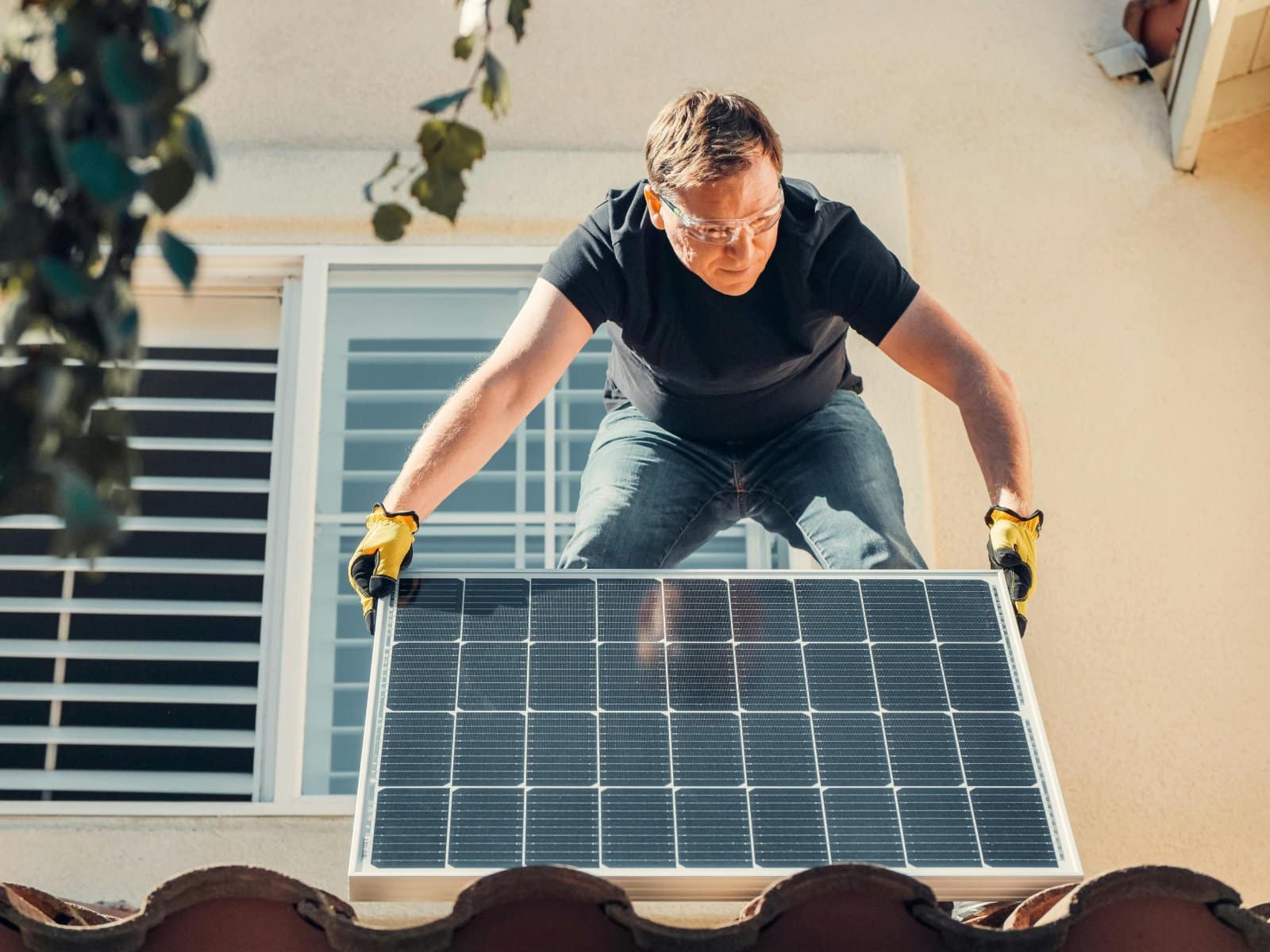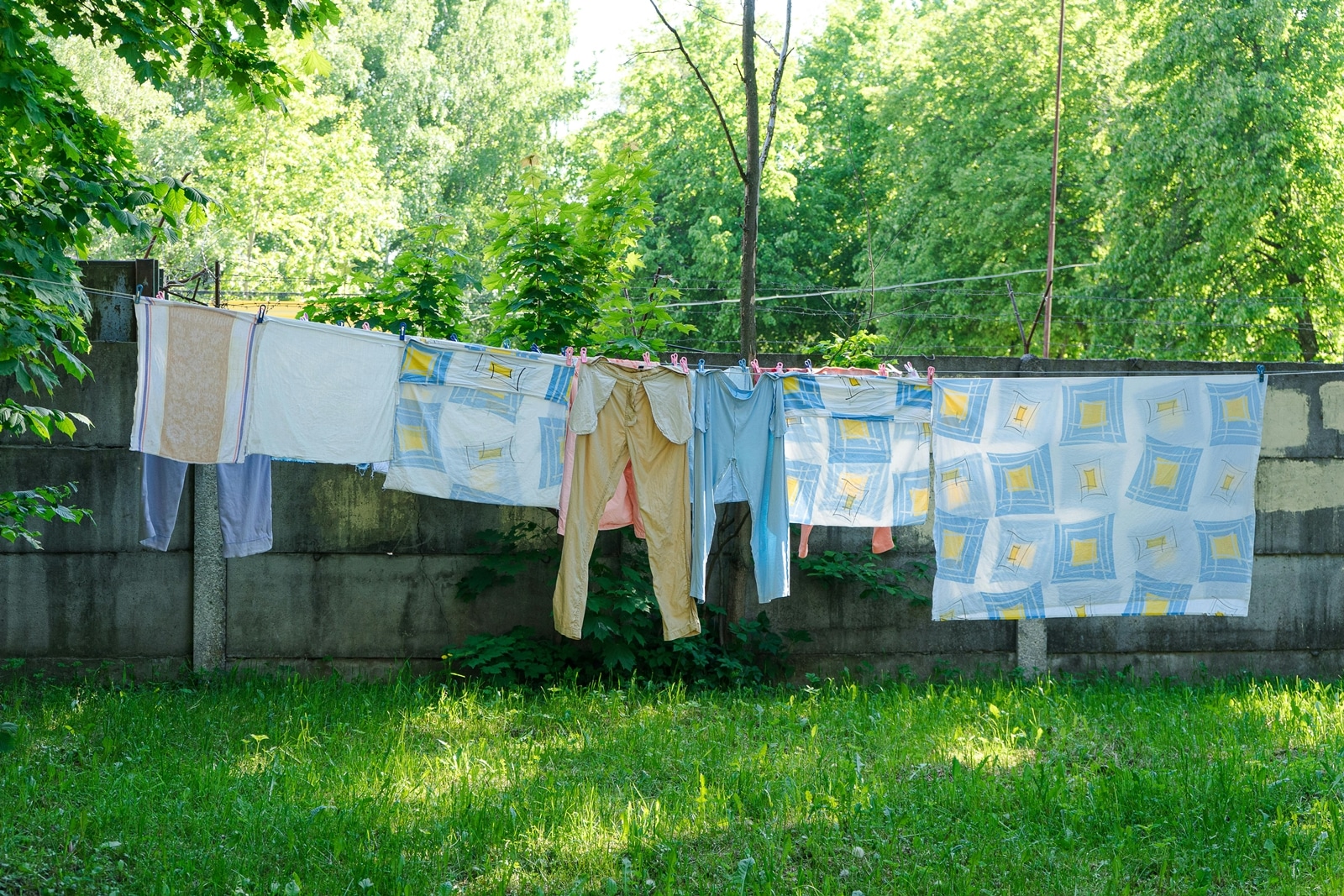Adopting a sustainable lifestyle doesn’t just help the planet; it can also lead you to financial freedom. Here are 25 practical ways sustainable living can save you money and boost your financial health.
1. Lower Energy Bills

Image Credit: Pexels / Anete Lusina
Switching to energy-efficient appliances and lighting can cut your energy bills significantly. Using LED bulbs and ENERGY STAR-rated appliances can reduce your electricity usage by up to 75%.
2. Reduced Water Bills

Image Credit: Shutterstock / Grigvovan
Installing low-flow showerheads, faucets, and toilets can reduce your water consumption by up to 50%. This not only conserves water but also lowers your monthly water bills.
3. Decreased Transportation Costs

Image Credit: Pexels / Andrea Piacquadio
Using public transportation, biking, or walking instead of driving can save you thousands of dollars annually on fuel, maintenance, and parking fees.
4. Home Energy Improvements

Image Credit: Shutterstock / Josep Suria
Investing in proper insulation, double-glazed windows, and a smart thermostat can drastically reduce heating and cooling costs, saving you hundreds of dollars each year.
5. Growing Your Own Food

Image Credit: Pexels / Zen Chung
Starting a garden to grow your own fruits and vegetables can reduce grocery bills. Not only is homegrown produce cheaper, but it’s also fresher and healthier.
6. Composting

Image Credit: Pexels / Eva Bronzini
Composting kitchen scraps reduces the amount of trash you generate and provides free, nutrient-rich fertilizer for your garden. This can save you money on waste disposal and gardening supplies.
7. Buying in Bulk

Image Credit: Shutterstock / gpointstudio
Purchasing food and household items in bulk reduces packaging waste and often costs less per unit. This approach can significantly cut your grocery expenses.
8. Using Reusable Products

Image Credit: Shutterstock / Sean Locke Photography
Switching to reusable items like water bottles, shopping bags, and coffee cups can save money over time. Disposable items add up quickly, both in cost and environmental impact.
9. DIY Cleaning Products

Image Credit: Shutterstock / Drpixel
Making your own cleaning products using simple ingredients like vinegar and baking soda is cheaper and healthier than buying commercial cleaners.
10. Second-Hand Shopping

Image Credit: Pexels / Burst
Buying clothes, furniture, and other items second-hand can save you a lot of money. Thrift stores, garage sales, and online marketplaces offer great deals on gently used items.
11. Home Energy Audits

Image Credit: Shutterstock / Andrey_Popov
Getting a home energy audit can identify where you’re losing energy and how to fix it. Many utility companies offer these audits for free or at a low cost, helping you save on energy bills.
12. Carpooling

Image Credit: Shutterstock / Andrey_Popov
Sharing rides with coworkers or friends reduces fuel costs and vehicle wear and tear. Carpooling can also lower your stress and contribute to fewer vehicles on the road, reducing traffic and emissions.
13. Investing in Renewable Energy

Image Credit: Pexels / Kindel Media
Installing solar panels or other renewable energy sources can reduce or eliminate your electricity bills. While the initial investment is high, tax incentives and long-term savings make it worthwhile.
14. Meal Planning

Image Credit: Shutterstock / wavebreakmedia
Planning meals and buying only what you need reduces food waste and saves money. Cooking at home is also cheaper and healthier than eating out.
15. Reducing Meat Consumption

Image Credit: Shutterstock / asife
Meat is often the most expensive part of a meal. Reducing your meat intake and focusing on plant-based foods can lower your grocery bills and improve your health.
16. Fixing and Reusing Items

Image Credit: Pexels / Ono Kosuki
Repairing broken items instead of replacing them saves money and reduces waste. Learn basic repair skills or find a local repair café.
17. Natural Light

Image Credit: Shutterstock / Ground Picture
Maximize the use of natural light in your home to reduce the need for artificial lighting. Open blinds and use light-colored décor to brighten your space naturally.
18. Energy-Efficient Landscaping

Image Credit: Shutterstock / Andrey Sayfutdinov
Planting trees and shrubs strategically can provide shade and windbreaks, reducing your home’s heating and cooling needs. This can lower your energy bills and increase your home’s value.
19. Minimalist Lifestyle

Image Credit: Shutterstock / Sura Nualpradid
Embracing minimalism means buying less and choosing quality over quantity. This lifestyle reduces clutter and saves money by focusing on what you truly need.
20. Green Banking

Image Credit: Shutterstock / Lek_charoen
Choose banks that invest in sustainable projects. Green banks often offer competitive interest rates and fees while ensuring your money supports eco-friendly initiatives.
21. Telecommuting

Image Credit: Shutterstock / Roman Samborskyi
Working from home reduces commuting costs, such as fuel and vehicle maintenance. It also saves time and can improve work-life balance.
22. Efficient Laundry Practices

Image Credit: Pexels / Sergey Filippov
Wash clothes in cold water and hang them to dry. This reduces energy consumption and extends the life of your clothing, saving you money on utilities and replacements.
23. Participating in a CSA

Image Credit: Shutterstock / VesnaArt
Joining a Community Supported Agriculture (CSA) program supports local farmers and provides fresh, seasonal produce at a lower cost than grocery stores.
24. Using Public Libraries

Image Credit: Pexels / cottonbro studio
Borrowing books, movies, and even tools from the library saves money and reduces the need for personal purchases. Many libraries also offer free digital resources and educational programs.
25. Eco-Friendly Investments

Image Credit: Shutterstock / GaudiLab
Investing in sustainable companies and funds can yield high returns while supporting environmental initiatives. Research green investment options to grow your wealth responsibly.
Financial Freedom Through Sustainability

Image Credit: Shutterstock / iona didishvili
Sustainable living isn’t just about saving the planet—it’s about saving money and securing your financial future. By making eco-friendly choices, you can achieve financial freedom and contribute to a healthier world. So, what are you waiting for? Start making these changes today!
Featured Image Credit: Shutterstock / Krakenimages.com.
The content of this article is for informational purposes only and does not constitute or replace professional financial advice.
For transparency, this content was partly developed with AI assistance and carefully curated by an experienced editor to be informative and ensure accuracy.


